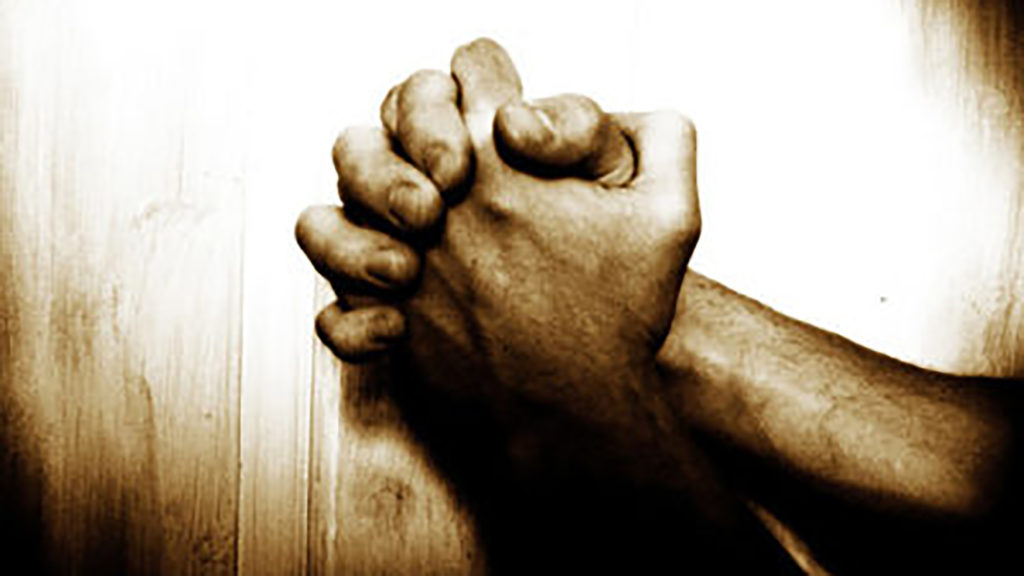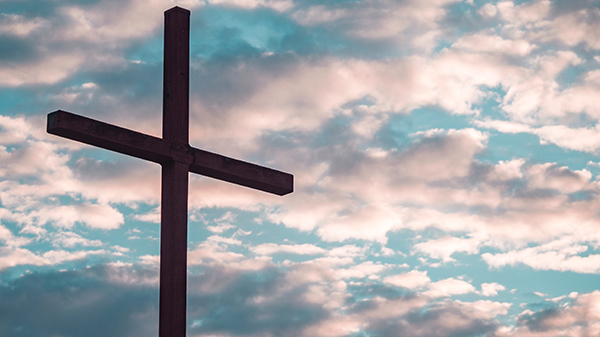Congresswoman Denise Majette has a lot of reasons to pray.
“As a freshman member of Congress in the minority party, I need to be constantly connected to the Holy Spirit to stay strong,” Majette, a Democrat from Georgia, said.
Before they debate issues that affect millions of Americans’ lives, many legislators meet for informal prayer sessions and Bible studies.
Organized prayer breakfasts also are held weekly for Senate and House members, which Rep. Zach Wamp, R-Tenn., called “the finest hour of the week.”
Although the Constitution forbids them to tamper with religious expression and practice in their roles as elected officials, in private, congressional members feel free to bend God’s ear about some of the nation’s most pressing issues.
“I’ve met with a senator friend of mine to pray about the world and pray about other countries and each other,” Wamp said.
Source of strength
“There’s a lot of prayer. It’s a huge source of strength for members of Congress,” Wamp said.
Rep. Todd Tiahrt, R-Kan., attends Bible study classes at the Capitol and hosts impromptu prayer sessions with friends. “It’s sort of a time of listening and a brief closing prayer in my office,” Tiahrt said.
“I found prayer doesn’t hurt anyone and it’s often a source of strength.”
Daniel Dreisbach, a professor of justice, law and society at American University in Washington, said despite the constraints of the First Amendment, church and state have been linked since the time of the Founding Fathers. In the country’s earliest years, he noted, worship services were commonplace on public grounds and Congress often dabbled in religious matters. The appointment and salaries of Senate and House chaplains were among the first agenda items of the first Congress.
Today, as Congress continues to open sessions with prayer and observes a National Day of Prayer established in 1952, some groups say that religion and politics are inexorably linked.
Praying in the congressional offices “shows that they’re not divorcing their religious views from their public office,” said Annie Laurie Gaylor, co-founder of the Freedom From Religion Foundation, a group advocating church-state separation.
But Dreisbach said prayer in Congress is allowed, provided it’s voluntary.
“We don’t ask people to shed their religious beliefs once they step into the halls of government,” he said.
Dreisbach said religious beliefs are as ingrained as political affiliation — an undeniable part of a person’s beliefs.
He said discussing religion or engaging in prayer are no different from rooting for a baseball team or discussing the weather, as long as they are done in private — a position Wamp shares.
“The Scripture says you’re not to do it publicly or proudly but to find a place, maybe in a closet, so (prayer) is a private, personal thing,” Wamp said. “People should not beat their chest about it.”
Gaylor agreed that private prayer at work is permissible, but the members of Congress must be careful not to impose their views on their staff or visitors.
Sen. Chuck Grassley, R-Iowa, is part of both formal and informal prayer groups in Congress. He attends weekly Senate prayer breakfasts, and also prays in private. (RNS)





Share with others: